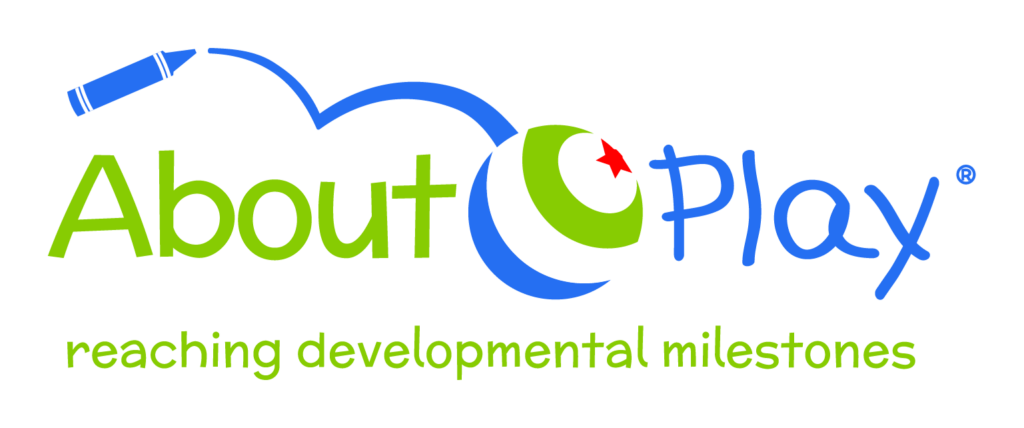Blog

Activities to Encourage Your Child’s Speech and Language Development
Play is an essential tool for encouraging your child’s speech and language development. Engaging your child in various intentional activities helps them develop the necessary skills while contributing to their cognitive, social, and emotional well-being. These educational activities are also designed to be fun and engaging because children learn best when learning is enjoyable.
Let’s dive into our list of activities to encourage speech and language development, broken down by infants and toddlers.
For Infants Birth to 2 Years Old
Here are a few activities to encourage speech and language development for your infant or toddler:
- Have a conversation with your baby. This includes looking at your baby when they make sounds, verbally responding to your baby when they laugh or make sounds, and mimicking the sounds your baby makes.
- Talk to your baby during daily tasks. Explain what you are doing when bathing, dressing, and feeding your baby. Tell them what you’re doing today, where you’re going, and who or what they might see when they arrive.
- Count objects. This can be done in any setting throughout the day. You can count baby wipes while changing your child’s diaper, toys in the bath, and spoonfuls of food.
- Read to your baby. Even if you don’t read every word in the book or the book is above their level of understanding, talk to your baby about the pictures, including the colors, textures, and objects within the story.
- Engage them with hand gestures. Show your baby a variety of hand gestures like waving, pointing, and clapping.
- Make animal sounds. Make various animal noises while telling your baby which animal would make that noise. For example, “the dog says woof!”
These activities are a great way to engage your child in play while encouraging speech and language development.
For Toddlers 2-4 Years Old
Here are a few activities for encouraging your toddler’s speech and language development:
- Use repetition. When your child uses a word or phrase with you, add to it. For example, if your child says “ball,” add to it by asking, “Do you want the ball?” “I have the ball.” “Let’s play with the ball.”
- Ask questions that give your child choices. Instead of asking questions that result in a yes or no, ask your child if they would like one thing or another. For example, “would you like juice or milk?”
- Name familiar items. Start by placing familiar objects in a box. Have your child take out one thing at a time, name each, and tell what they do with it.
- Sing songs that are easy to repeat. Singing simple songs with your child and having them learn to sing along with you will help them understand the rhythm of speech.
- Show your child both familiar and unfamiliar pictures. Show your child pictures of family members, familiar characters, and unknown places. Tell them stories about each image. You can also have fun making up new stories!
- Categorize various objects. Grab toys, pictures, and other items and have your child sort them by color, size, texture, and more.
Having activities that feel like playing for your toddler is a great way to encourage their speech and language development while they have fun.
What to Do If You’re Concerned About Your Child’s Speech and Language Development
After evaluating infant and toddler milestones and feeling concerns about your child’s speech and language development, your child’s primary care doctor can evaluate and determine if referrals are needed for an audiologist or speech-language pathologist.
An infant’s doctor can recommend if further audiology testing and referrals are needed to determine if the child has an oral impairment or an issue with their hearing.
For toddlers, a speech or language delay would be diagnosed by a speech-language pathologist. An SLP will use standardized testing methods to determine which speech and language development milestones your child is achieving and where they require additional support.
At About Play, we specialize in providing early intervention speech therapy services designed to support the unique needs of each child as they learn and grow. We contract with speech therapists through the BabyNet program. Our team works with these speech therapists to determine your child’s eligibility and develop a personalized plan to support their needs. Our early intervention speech therapy services center around play, so your child is engaged and has fun while learning.
Early Intervention Services through About Play
Learning that your child might need early intervention support can be overwhelming as a parent. At About Play, our early intervention specialists provide support by developing play-based programs to help your child continue to grow. If you see your child benefiting from time with our early interventionists, the About Play team would love to provide you with support. Call our office or contact us online to learn more.




